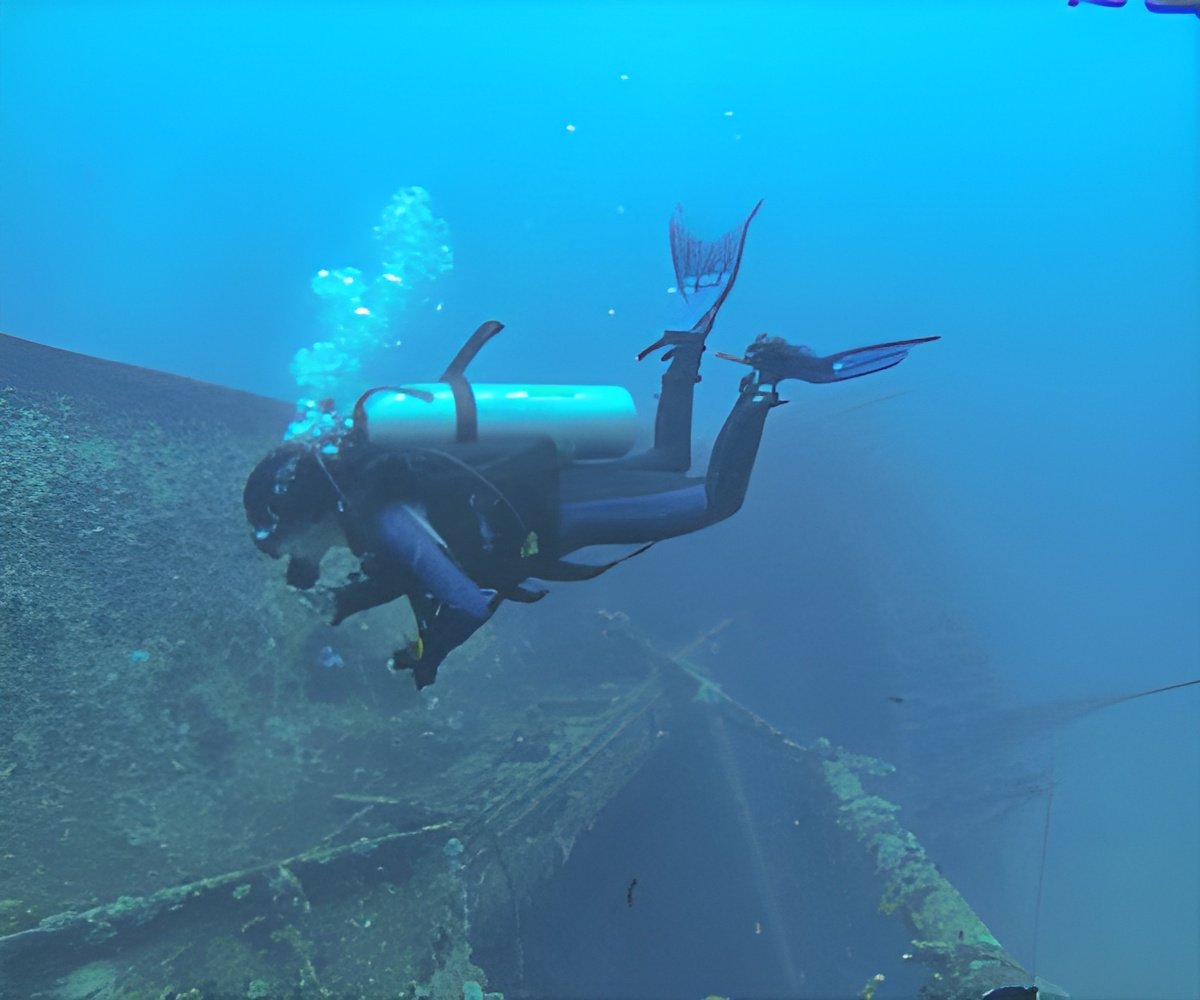Scuba divers who learned to dive for years and now are old and overweight with high blood pressure and high cholesterol levels are at an increased risk of heart attack.

‘Older scuba divers who are overweight and have high blood pressure and high cholesterol levels are at an increased risk of heart attack.’





"Cardiac issues are now a leading factor in diving fatalities," said study author Dr Peter Buzzacott, of the University of Western Australia, in Crawley, Australia. "Divers who learned to dive years ago and who are now old and overweight, with high blood pressure and high cholesterol, are at increased risk of dying."It is estimated that around 3.3 million Americans and 2.8 million Europeans will scuba dive this year. While recreational diving fatalities are rare (181 worldwide in 2015, including 35 in Europe) the number involving cardiac issues is climbing.
From 1989 to 2015, the proportion of diving fatalities involving 50-59 year-olds increased steadily from 15% to 35%, while fatalities in the over-60s soared from 5% to 20%. Cardiac events are now the second leading cause of death behind drowning.
People who pay to go diving must learn skills and theory and be screened for fitness. But, after that initial screening, certification to scuba dive lasts for life.
"This is where we see an increase in risk," said Dr Buzzacott. "It's not commonly new divers who have health problems, because they have been recently screened. It is older divers who have not looked after their health."
Advertisement
The researchers used data from the Behavioral Risk Factor Surveillance System (BRFSS), a nationally representative telephone survey of US adults conducted by the US Centers for Disease Control and Prevention (CDC).
Advertisement
This analysis compared the 113,892 scuba divers with a group of 338,933 active people matched for age, sex, and state of residence whose main activity was not scuba diving. The data shows that one-third of scuba divers are aged 50 years or older. They are often well educated, more than half earn at least US$75,000 a year, and most are married with children.
A significantly greater proportion of divers (54%) had smoked cigarettes at some point compared with non-divers (46%) but more divers had given up smoking (40% versus 26%). Divers were more frequently overweight (48% versus 43%) but had lower mean body mass index overall than the non-divers (26 versus 27 kg/m2).
One-third of divers (33%) had been diagnosed with high blood pressure and 30% had high cholesterol - levels that were not statistically different from the comparison group.
"I gave up smoking because of scuba diving, and I know this is relatively common from conversations I've had on dive boats with other divers," said Dr Buzzacott. "My personal advice to all smokers is to give up smoking and take up diving. Not only is it better for you, and more fun, it's cheaper!"
Dr Buzzacott advised all divers to have routine fitness assessments with their doctor, and tackle risk factors that otherwise could lead to a fatal cardiac event while diving. He noted: "Never before in history have so many people been exposing themselves to these extraordinary environmental stresses and, for the first time ever, we now have a large number of people who have spent their entire lives regularly scuba diving."
He said: "None of us are as young as we once were and it is important that we stay in shape for diving. The father of scuba, Jacques Cousteau, was diving at 90 and the current world's oldest diver is 94. He looks like he's in great shape and that is the role model for us all if we want to keep diving into our senior years. I certainly do."
Source-Eurekalert














